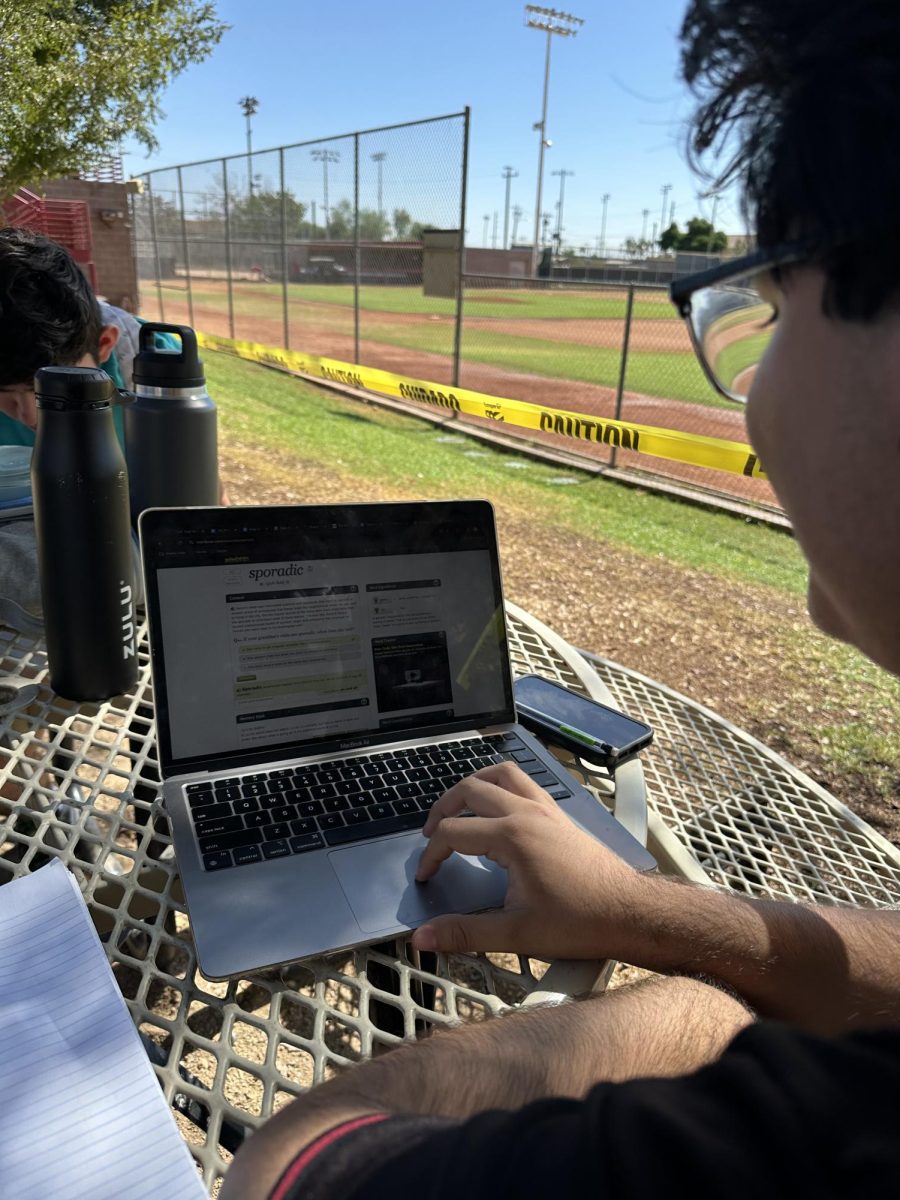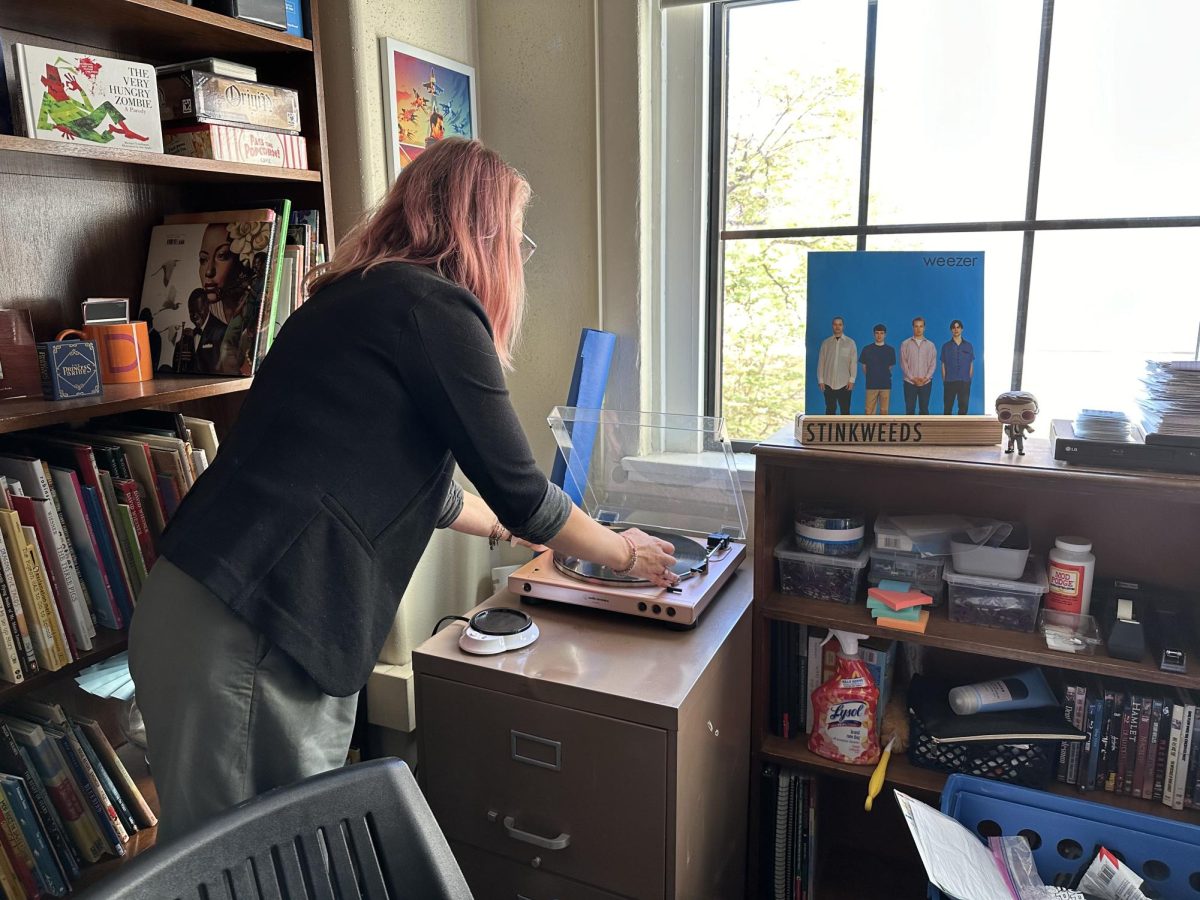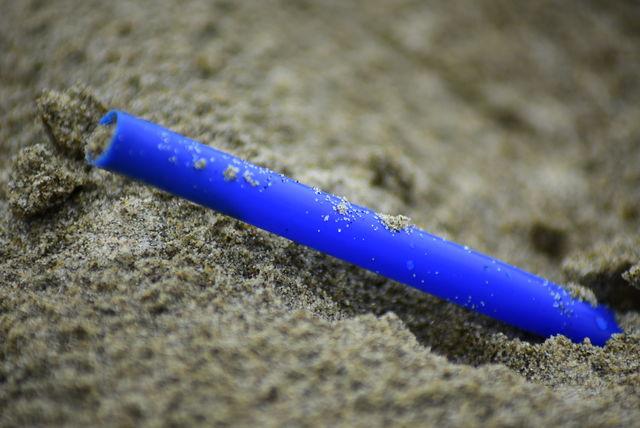Photo courtesy of Ocean Blue Project An Oregon Nonprofit | A straw is found lying on the ocean floor
By Jack Olsen ’21
THE ROUNDUP
The upcoming Summit on Human Dignity, Brophy’s yearly week of focus on particular problems facing society, will touch on subjects surrounding the theme of “Water.” Brophy should continue to stress the urgent issue of oceanic pollution, in light of the progress we have made thus far.
For the past four years, environmental groups and cities have been pushing to eliminate single use plastic straws to lower plastic ocean pollution. In August 2015, a graphic video was uploaded to YouTube titled “Sea Turtle with Straw up its Nostril.” The video depicts a biologist removing a straw from the nostril of a sea turtle using a pair of pliers, with the turtle crying and screaming in pain. The video is graphic and difficult to stomach, and became the poster child of the anti straw message.
Since then, there have been countless movements and increased efforts to reduce the widespread use of single-use plastic straws among restaurants and other vendors. These efforts came to fruition in 2018 when Seattle became the first major U.S. city to enact a ban on single use plastic straws and utensils. Now, across the country, cities and states are pushing for newer straw laws which would require full-time restaurants to only provide plastic straws when requested. California became the first state to enforce these laws statewide. Many companies are also following suit with plastic straw bans, such as Disney, Starbucks, and American Airlines.
But this is not enough. The publicity around environmental awareness and the ability to make change happen in law and the market is an incredible achievement. However, of the roughly eight million tons of plastic flowing into our oceans annually, science news outlet Phys.org estimates a mere 4% is comprised of plastic straws, with another 86% being made up of other plastics and styrofoam. More must be done to limit the amount of plastic pollution we are dumping into our oceans.
The recent law changes against plastic straws have been big in spreading awareness about oceanic pollution and how to make a difference. Yet going after plastic straws is one of the relatively smaller steps we could make.
A heartbreaking video of a turtle can spur masses to take action against only a fraction of the problem. While raising awareness and showing the graphic realities that pollution is causing is crucial to express the need for change, this attention needs to be directed towards the harm all plastic is doing to our oceans. More work needs to be done in order to make a real impact in saving the environment, here on campus and around the world.





















